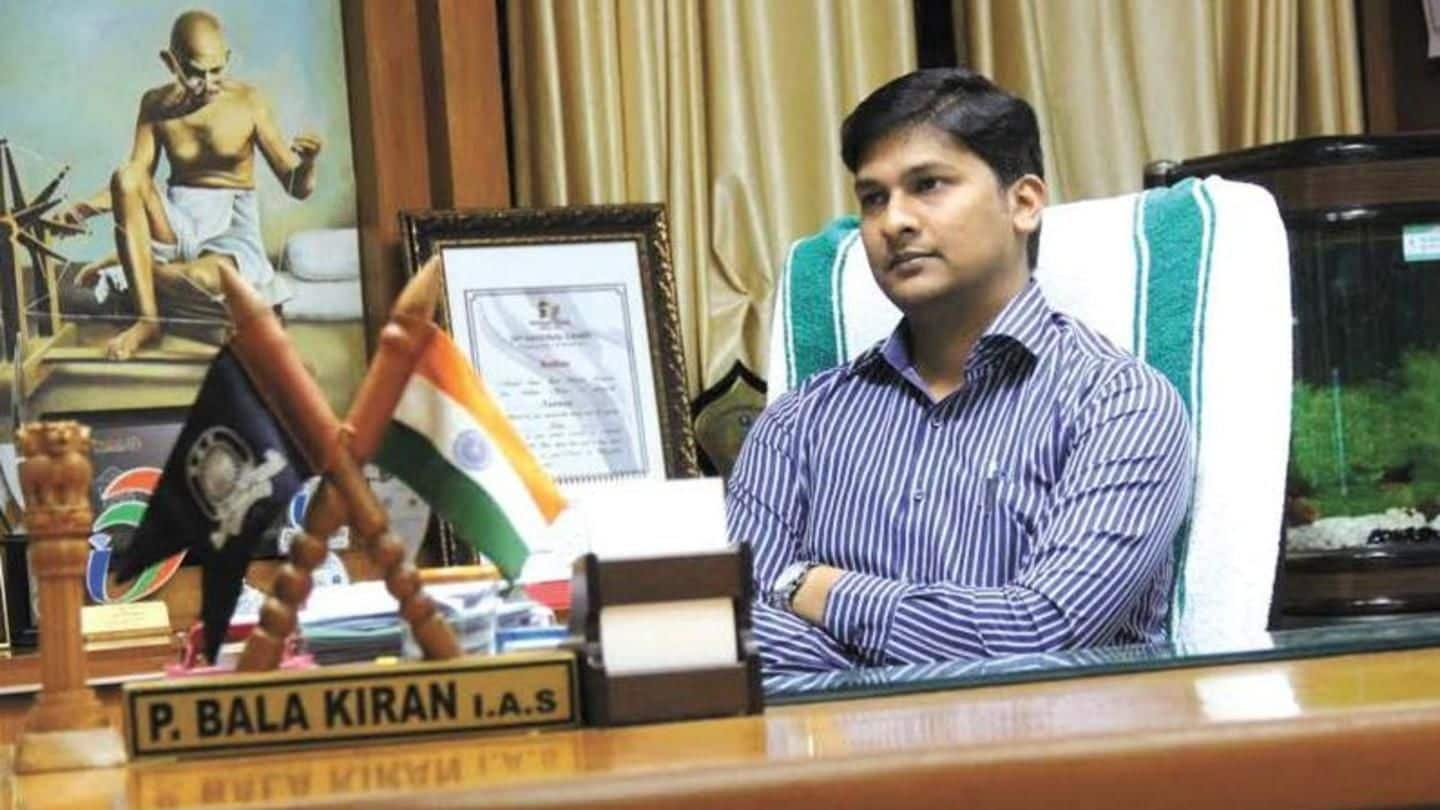
UPSC: Roles and responsibilities of an IAS officer
What's the story
One of the most prestigious Government positions, civil servants enjoy great power, respect, and bag decent pay-checks. But, the path to becoming an IAS officer isn't easy; and the roles, responsibilities and ethical code of conduct that come with it are enormous. Here, find out what exactly does an IAS officer do.
Responsibilities
What are the basic duties of an IAS officer?
An IAS officer is entrusted with the task of handling government affairs, which involve the framing and implementation of policies, in consultation with the concerned ministry. The officer also has to undertake supervision of the implementation process and travel to important sites and places. Additionally, one has to look after the disbursement of funds. The officers are answerable to the Parliament or State Legislatures.
IAS Hierarchy (1)
Functions of IAS officers in beginning; at district-level
During the beginning of their career, IAS officers join State administration at Sub-divisional level, as Sub-divisional magistrate, and have to look after law, order, administration and developmental works of the assigned area, under their jurisdiction. At the level of a District Magistrate or District Collector, IAS officers supervise policy formulation, implementation and developmental works for the concerned district.
IAS Hierarchy (2)
Role and responsibilities of IAS officer at state, centre levels
During an IAS officer's career span, they might serve in the State Secretariat or as Heads of Departments in Public Sector Undertakings (PSUs). At the apex of an IAS officer's career, they may get to serve as the Cabinet Secretary followed by Secretary/Additional Secretary, Joint Secretary, Director, Deputy Secretary and Under Secretary. These posts are filled according to the seniority levels of the officers.